
7 Best Plant-Based Sources to Boost Collagen Production Naturally—A Must-Know Guide for Healthy Skin, Joints, and More
7 Best Plant-Based Sources to Boost Collagen Production Naturally—A Must-Know Guide for Healthy Skin, Joints, and More
Collagen plays a crucial role in maintaining healthy skin, joints, and overall well-being. While collagen is primarily found in animal products, several plant-based foods provide essential nutrients that support the body's natural collagen production.

Collagen acts as a structural foundation, helping to maintain skin elasticity and firmness, promoting joint health, and supporting hair and nail growth. As we age, collagen production gradually declines, leading to wrinkles, sagging skin, and joint pain.
Beyond aesthetics, collagen is essential for joint health, reducing the risk of injuries, and improving gut health by strengthening the intestinal lining. It also plays a role in maintaining muscle mass, which is crucial for overall strength and mobility.
1. The Importance of Collagen
-
Skin Health: Collagen helps maintain skin elasticity and hydration, reducing the appearance of wrinkles and fine lines.
-
Joint and Bone Health: Supports joint flexibility and bone density, helping prevent conditions like osteoporosis and arthritis.
-
Hair and Nails: Contributes to the strength and structure of hair and nails, preventing brittleness and breakage.
-
Gut Health: May aid in healing the intestinal lining, promoting better digestion and gut function.
-
Muscle Mass: Plays a role in muscle repair and strength, essential for overall fitness and mobility.
2. Best Plant-Based Sources to Support Collagen Production
2.1 Soy-Based Products
Soy products are rich in genistein, a plant hormone that promotes collagen production and improves skin elasticity. Foods like tofu, tempeh, and soy milk are packed with isoflavones, which help prevent collagen breakdown in the body.
2.2 Leafy Green Vegetables
Leafy greens like spinach and kale contain high levels of vitamin C and chlorophyll, both of which stimulate collagen production. Chlorophyll, in particular, helps boost collagen levels and provides essential vitamins and minerals for overall health.
2.3 Nuts
Nuts such as almonds, pistachios, and Brazil nuts are rich in omega-3 fatty acids and zinc—key nutrients for skin health and collagen formation. Almonds, walnuts, and chia seeds also provide vitamin E, which protects collagen from oxidative stress and creates a healthy environment for collagen synthesis.
2.4 Pumpkin Seeds
Pumpkin seeds are a great source of zinc, which plays a crucial role in collagen synthesis by activating proteins that form collagen fibers. Regular consumption can help maintain skin elasticity and wound healing.
2.5 Berries
Strawberries, blueberries, and raspberries are loaded with antioxidants and vitamin C, both of which are essential for collagen production. Vitamin C not only supports collagen formation but also protects existing collagen from damage.
2.6 Citrus Fruits
Citrus fruits like oranges, lemons, and grapefruits are excellent sources of vitamin C, which is vital for collagen synthesis and preventing collagen degradation.
2.7 Beans and Legumes
Lentils, chickpeas, and black beans are high in protein and contain amino acids necessary for collagen production. They also provide essential nutrients like zinc, which supports skin health and collagen formation.
By incorporating these plant-based foods into your diet, you can naturally support collagen production, promoting healthier skin, stronger joints, and improved overall well-being. While plant sources do not contain collagen itself, they provide the nutrients needed to stimulate its production in the body, making them a valuable addition to a balanced diet.
News in the same category


5 Skin Signs Warning of Early Liv.er Damage
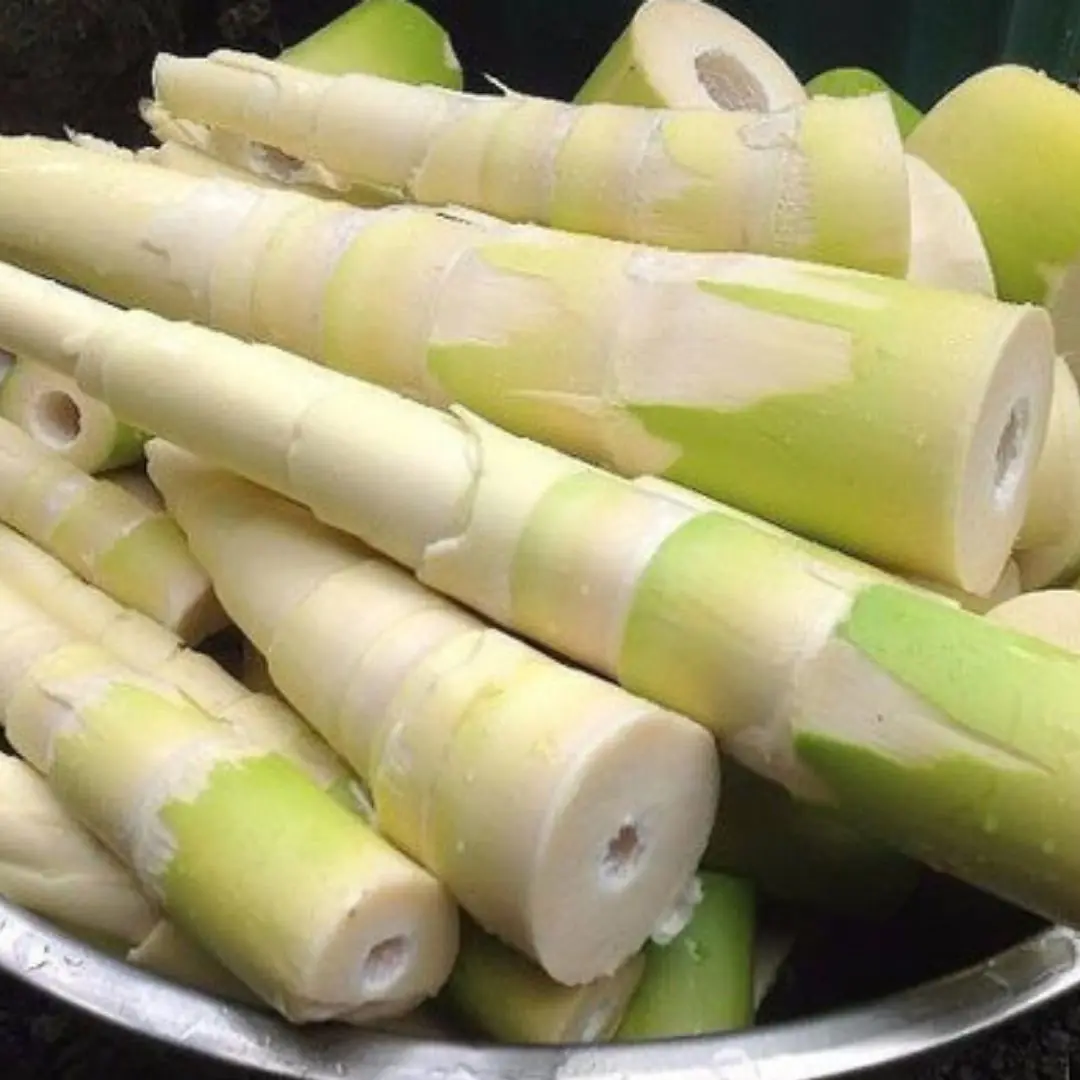
For some, bamboo shoots are pure poison — eat them and you could court disaster

Health Warning: 4 Sleeping Habits That Silently Shorten Your Lifespan
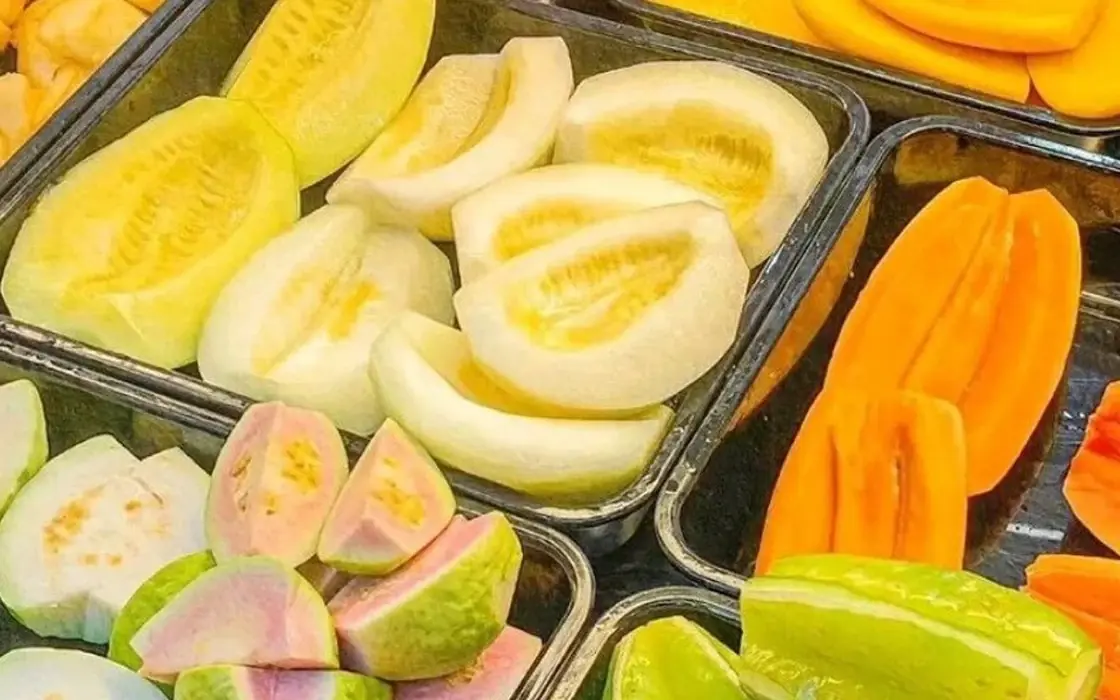
Don’t Keep These 4 Things in the Fridge for Too Long

Spot These Early Signs of Leukemia Before It’s Too Late
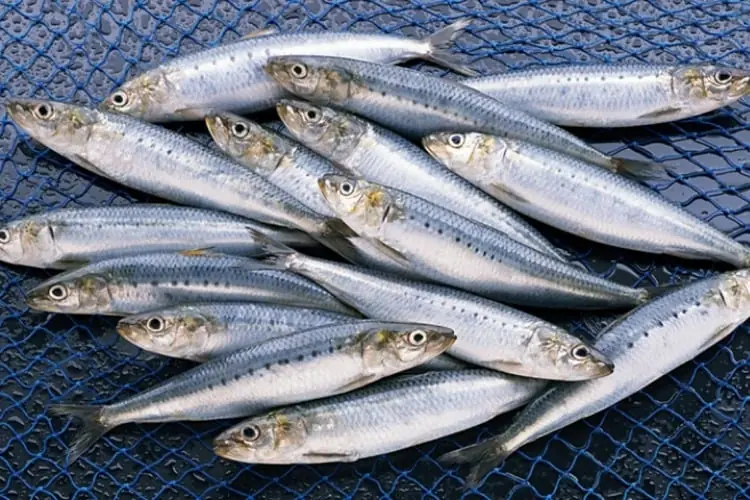
5 Fatty Fish Rich in Omega-3 That Help Reduce Visceral Fat
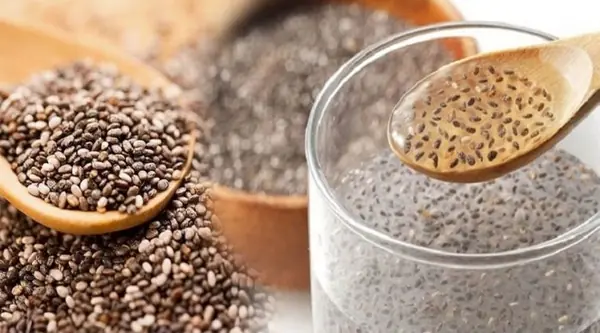
Chia Seeds Are a ‘Superfood,’ But 5 Groups Should Use Them with Extreme Caution

6 foods to avoid when drinking coffee

Is bathing before or after eating better for the body? The answer seems easy but many people answer incorrectly, missing the "golden" time

Is painless swollen lymph nodes behind the ear da.nge.rous?

Stro.ke Emergency Response
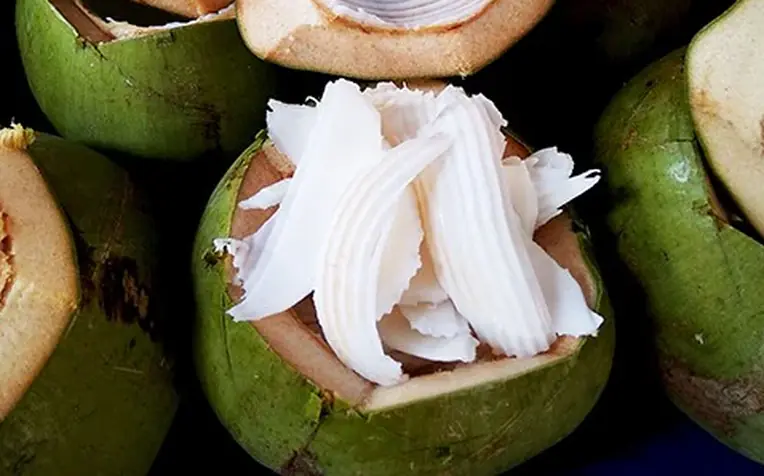
4 Types of Fruit That Can “Silently Poi.son” Your Li.ver If Eaten the Wrong Way

5 hoarding habits that accidentally turn the refrigerator into a "bac.teria nest"

Tomatoes are good for health but 6 groups of people should not eat them to prevent adverse symptoms

3 Foods That Should Never Be Eaten with Eggs

Three Nighttime Symptoms That May Signal Can.cer
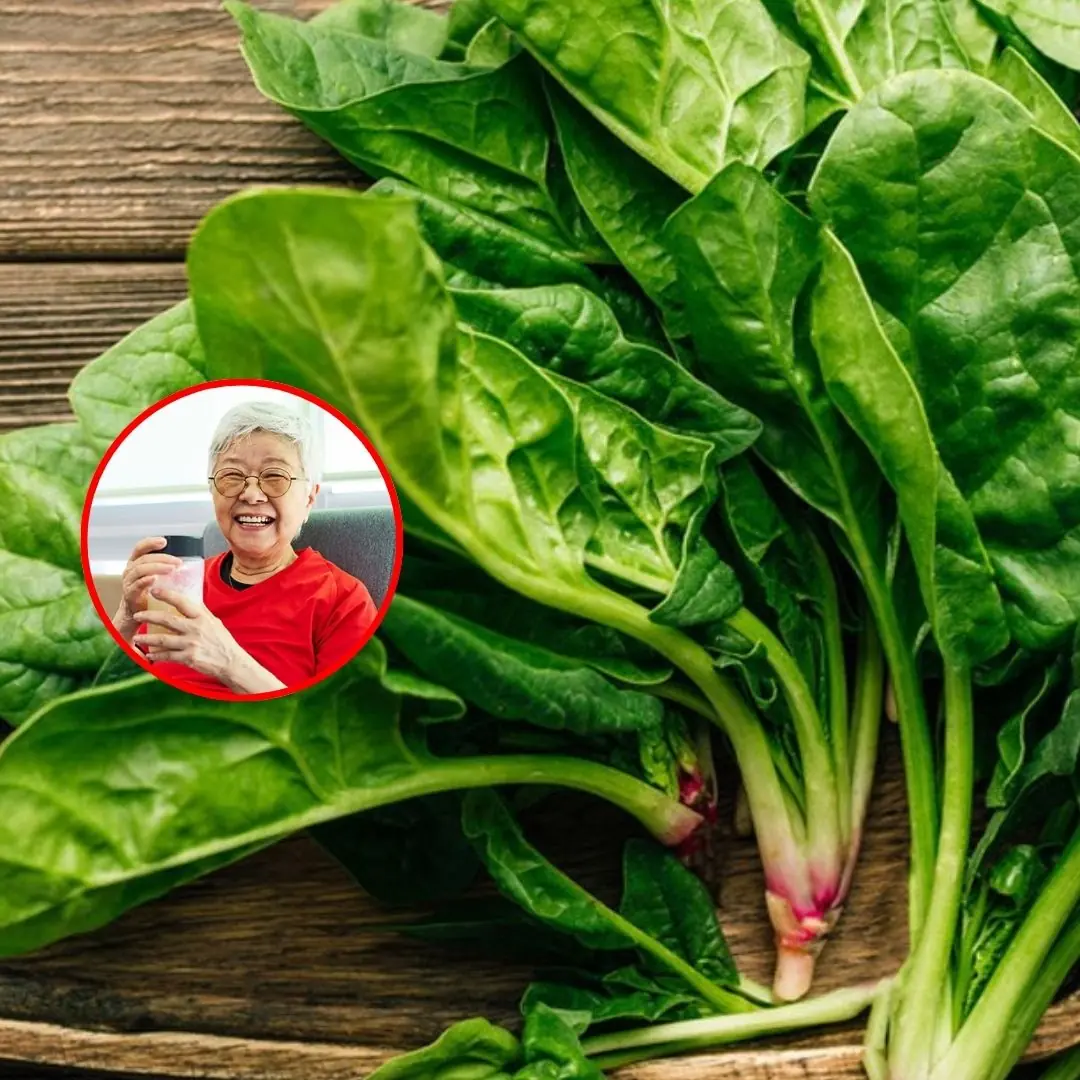
7 types of fruits and vegetables that many studies have shown to have the ability to support the inhibition of cancer cell growth

Doctors recommend eating less of this food

Don't drink water before bed but still urinate at night, beware of these 3 diseases
News Post

4 “Silent Kil.lers” That Cause Can.cer Right in Your Home

5 Skin Signs Warning of Early Liv.er Damage

Why do old people often shed tears before they die?

For some, bamboo shoots are pure poison — eat them and you could court disaster

Treating earache with garlic according to folk remedies, the man lost more sleep and received an unexpected ending
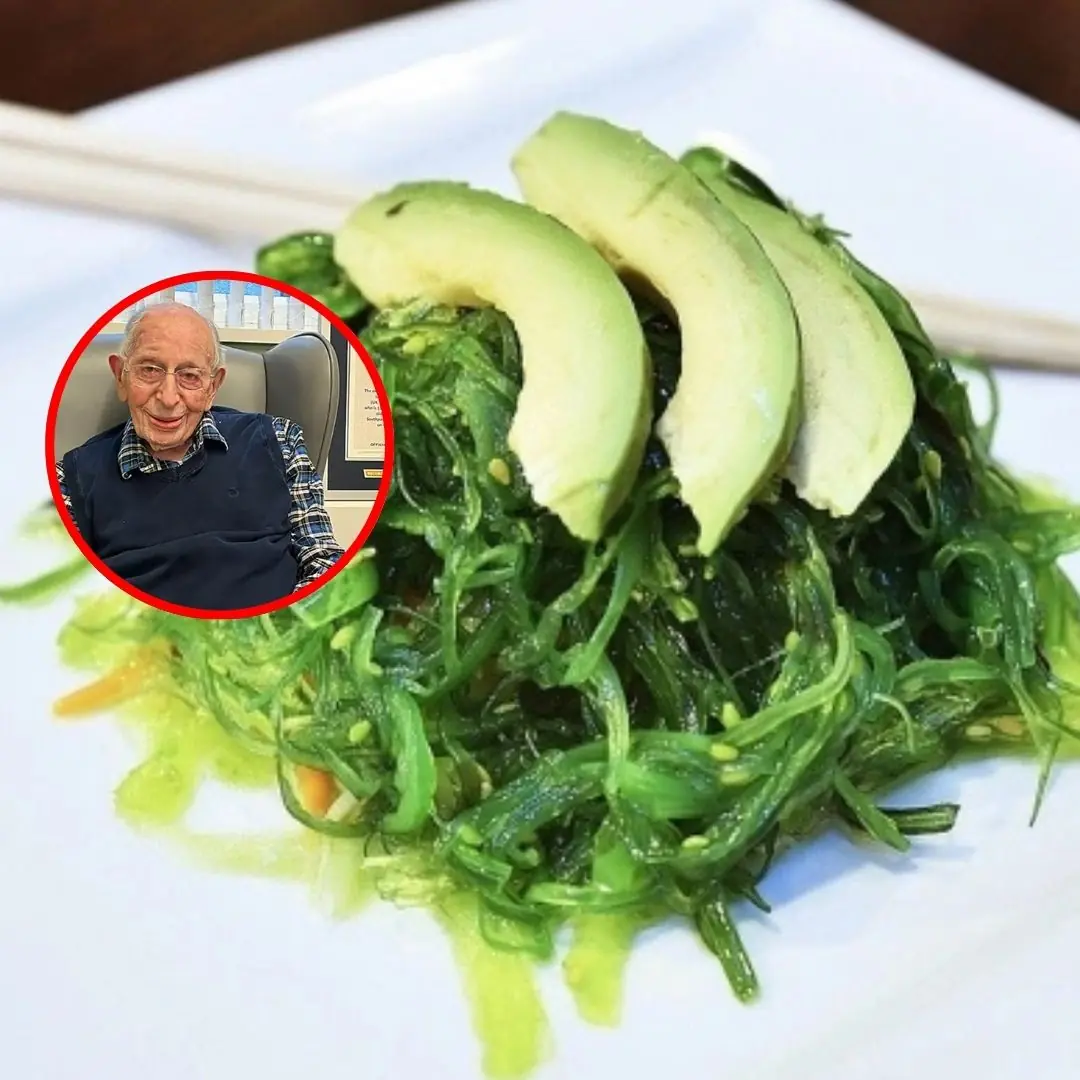
3 foods that may unlock your body’s longevity genes

Health Warning: 4 Sleeping Habits That Silently Shorten Your Lifespan

Don’t Keep These 4 Things in the Fridge for Too Long

4 Foods That Prevent Hair Loss and Promote Baby Hair Growth

Unusual moles might be more than just a skin quirk — they could be warning signs of cancer

Spot These Early Signs of Leukemia Before It’s Too Late

These 4 Foods in Your Fridge Could Be Silent Can.cer Risks

The Vegetable Dubbed the “Vacuum Cleaner for the Lu.ngs”

5 Fatty Fish Rich in Omega-3 That Help Reduce Visceral Fat

Thy.roid Can.cer Warning: 7 Early Body Changes

A 13-Year-Old Girl Suffered from Severe Kid.ney Failure

Chia Seeds Are a ‘Superfood,’ But 5 Groups Should Use Them with Extreme Caution

Alarm in China that efforts to control Chikungunya virus are infr.in.ging on ri.g.hts

You only have 5 seconds! Where is the frog hiding, do you see?
